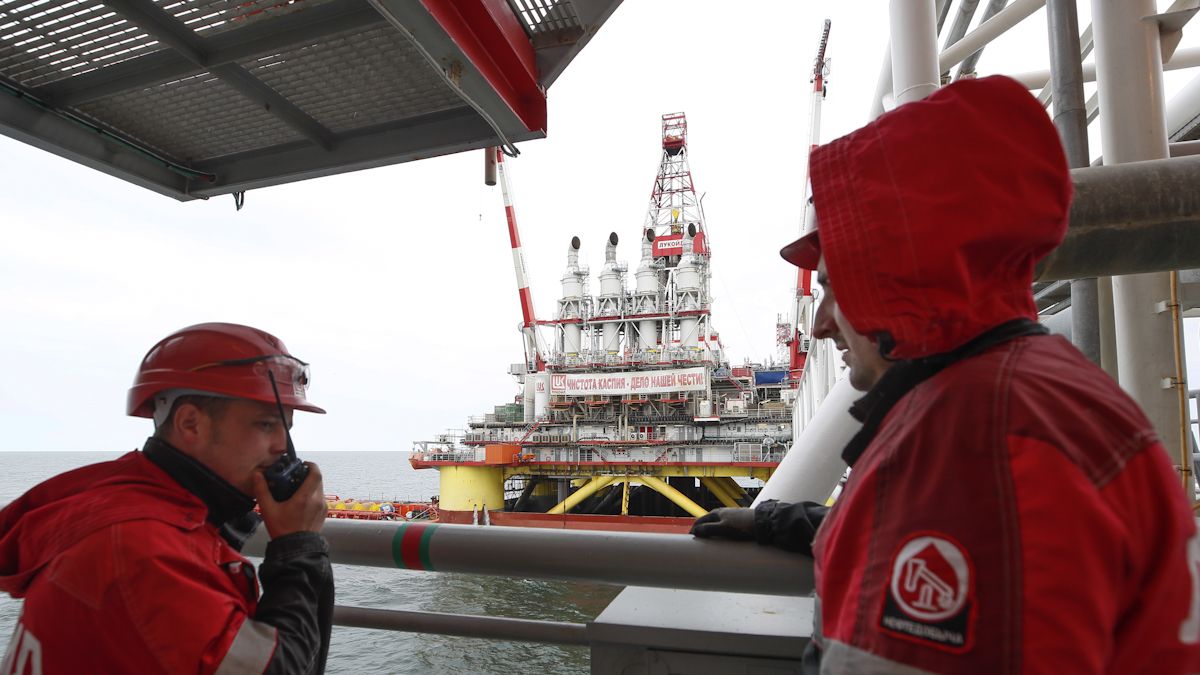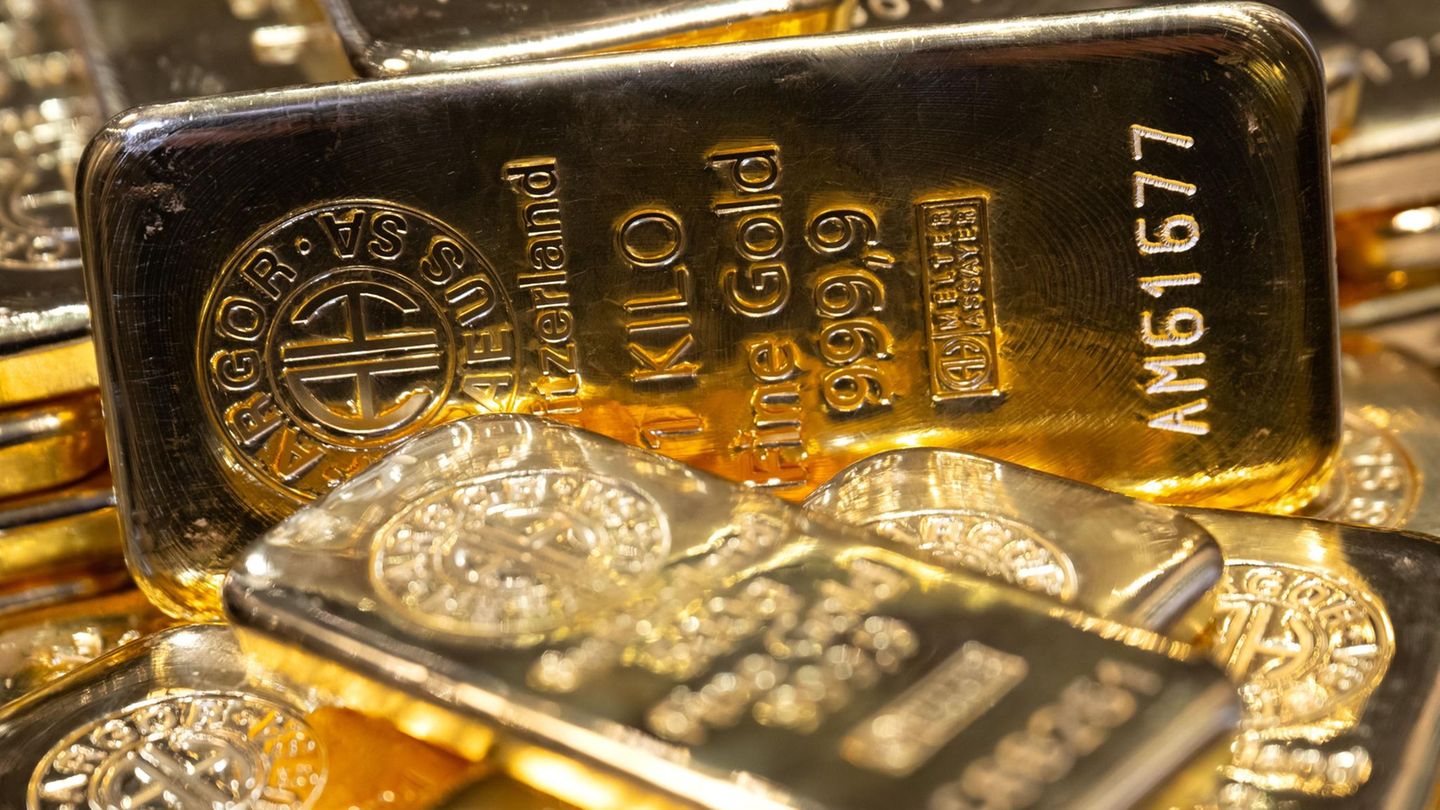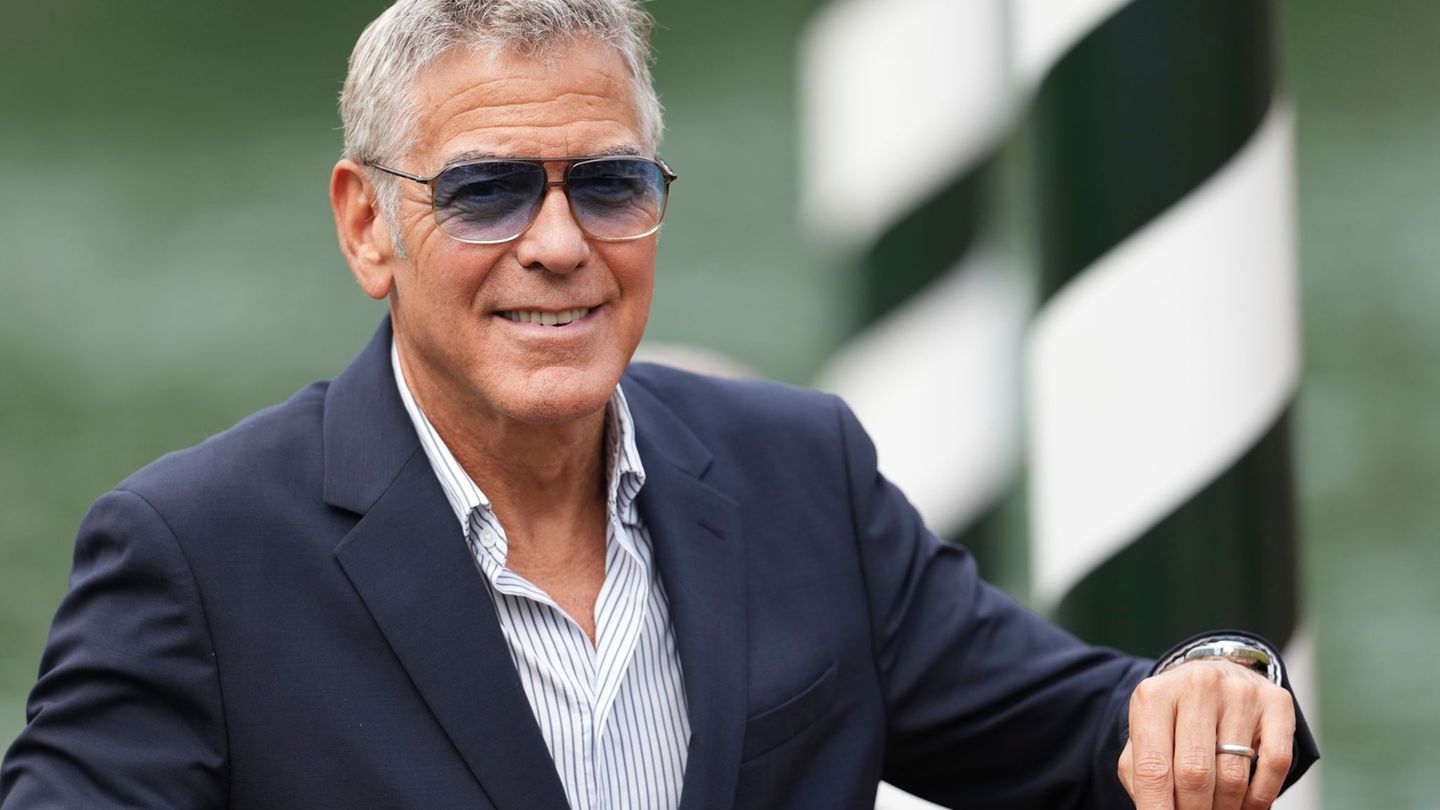“We will discuss it and we will do everything possible to unblock the situation,” said the head of European diplomacy, the Spanish Josep Borrell, upon arriving at the headquarters of the meetings, in Brussels.
“I cannot guarantee that it will happen because the positions are quite firm,” he warned.
On his side, the Minister of Foreign Affairs of GermanyAnnalena Baerbock also made clear her pessimism about a deal: “There are still some things that need to be clarified in the final stages. There will be no final clarification here today,” she said.
The price of Brent oil fell this Monday to 110.12 a barrel, which represents a fall of 0.33%. On Friday it had closed at $111.15 after gaining 3.81%.
The crux of the controversy is Hungary’s explicit reluctance to support an interruption of oil imports from Russia, alleging that this represents a risk to its energy security.
With this position, the idea of the European Union to adopt the oil embargo on Russia as part of its sixth package of sanctions was stuck at the negotiating table.
“It is an objective situation that some member states face more difficulties because they are more dependent, because they do not have access to the sea, because they do not have the possibility of receiving oil tankers directly,” said Borrell.
Those countries, added the diplomat, “only have oil through pipelines, coming from Russia.”
As part of his proposal, the European Union offered Hungary, the Czech Republic and Slovakia an additional period of one year to adapt and phase out imports of Russian oil, but Hungary has already made it clear that it considers the deadline insufficient.
Hungary’s Prime Minister Viktor Orban has demanded that his country be exempt from the embargo for at least four years, and wants 800 million euros ($830 million) to retrofit its refining infrastructure designed for Russian oil.
the chancellor of LithuaniaArriving at the meeting, Gabrielius Landsbergis complained that the entire EU bloc “is held hostage by a member state that cannot help us find consensus.”
In turn, the head of the diplomacy of SpainJosé Manuel Albares Bueno pointed out that it was necessary to cut Russia’s ability to finance the war in Ukraine, but it was also urgent to prevent “Russia from destabilizing European states that are dependent” on their hydrocarbons
Source: Ambito
David William is a talented author who has made a name for himself in the world of writing. He is a professional author who writes on a wide range of topics, from general interest to opinion news. David is currently working as a writer at 24 hours worlds where he brings his unique perspective and in-depth research to his articles, making them both informative and engaging.




